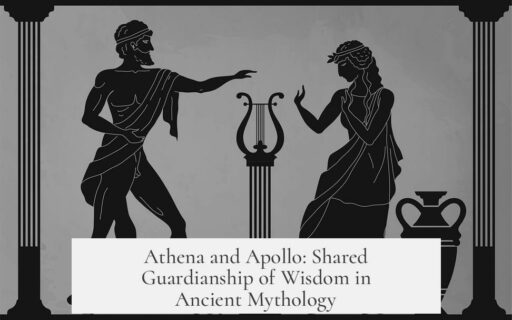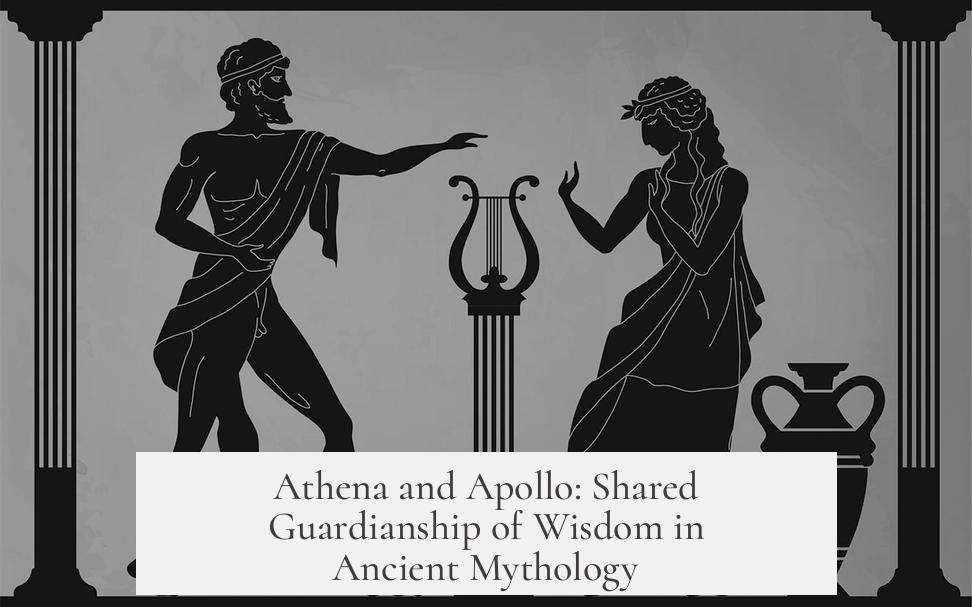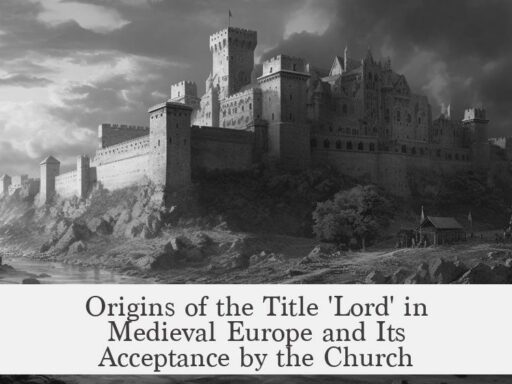Both Athena and Apollo hold connections to wisdom, but their roles differ in scope and context. Athena is traditionally seen as a primary goddess of wisdom, while Apollo’s link to wisdom is more specialized and philosophical.
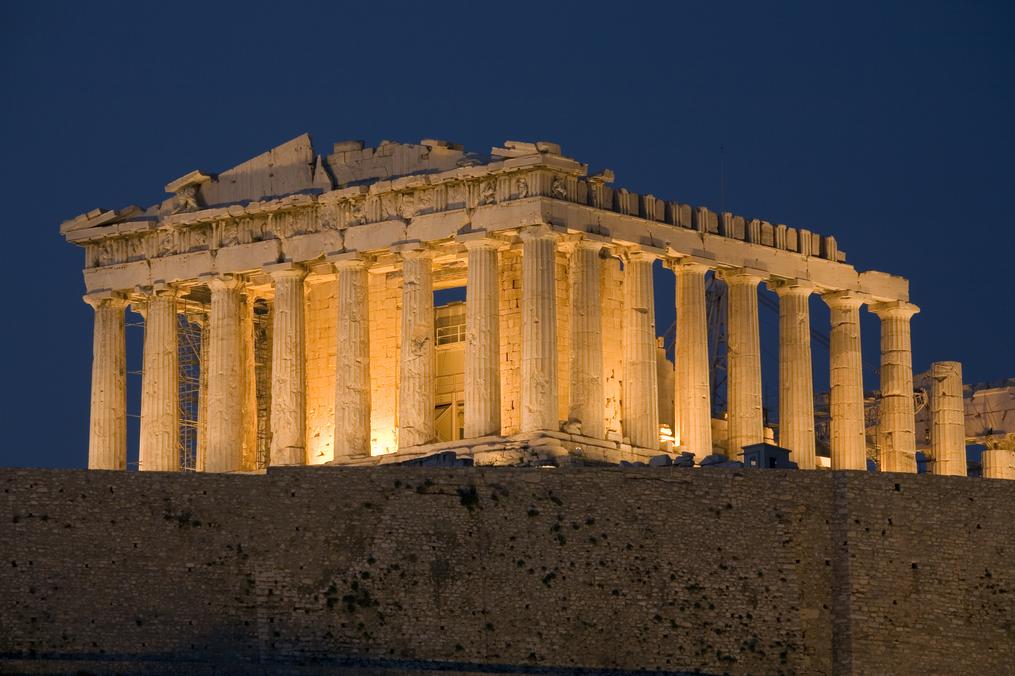
Athena’s association with wisdom develops notably over time. Originating as a city goddess linked to Athens and other cities, she was also connected to war, crafts, and civic skills. Her patronage extended to sewing, shipbuilding, and military training. In late antiquity, Athena’s image expanded to embrace wisdom, sciences, and arts. Byzantine retellings began explicitly identifying her as a goddess of wisdom, pairing her with rulership and love alongside Hera and Aphrodite.
Conversely, Apollo’s connection to wisdom appears mainly through philosophical traditions, particularly linked to Pythagoras and Plato. These intellectual streams emphasize reason and self-knowledge, fitting Apollo’s role in these systems. Outside philosophy, portraits of Apollo’s wisdom are less clear. Literary sources often depict his Delphic oracles as ambiguous or arbitrary, complicating a straightforward association with clear wisdom.
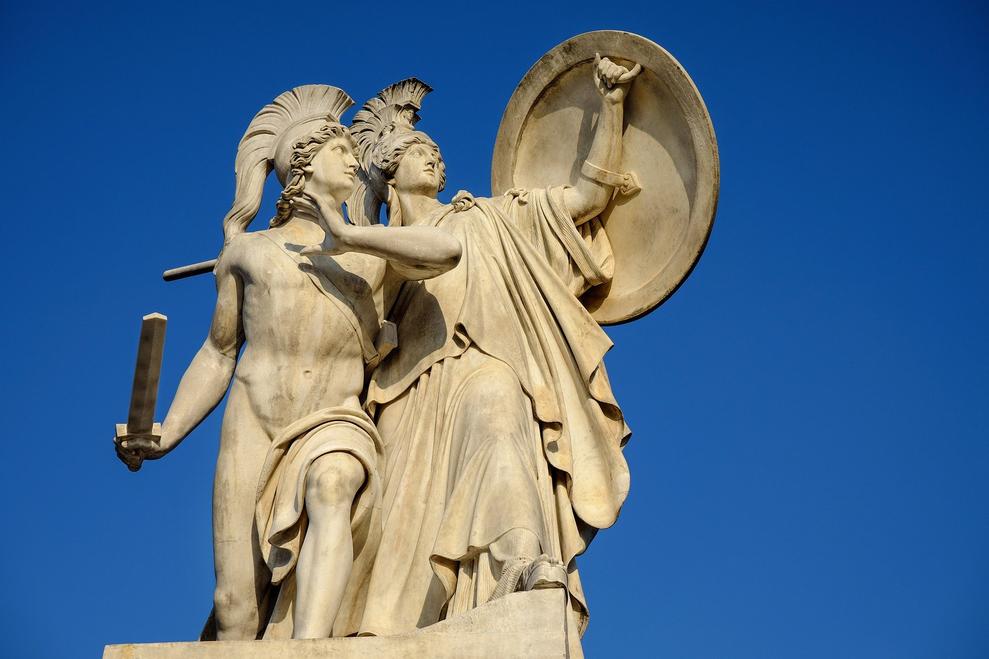
Both gods are part of mystical and allegorical frameworks that interpret their meanings beyond literal myth. For instance, 6th-century BCE allegories see Athena representing “thoughtfulness” versus Ares as “thoughtlessness,” while Apollo’s domain involves rationality, contrasting forgetfulness. These interpretations blend symbolism and wordplay, highlighting the layered perceptions of divine wisdom in ancient thought.
| Deity | Wisdom Association | Context |
|---|---|---|
| Athena | City goddess; wisdom; crafts; sciences and arts | Religion, civic cult, late antiquity developments, Byzantine writings |
| Apollo | Reason; self-knowledge (philosophy); ambivalent oracle wisdom | Philosophical tradition (Pythagoras, Plato); mythology; literary sources |
In summary:
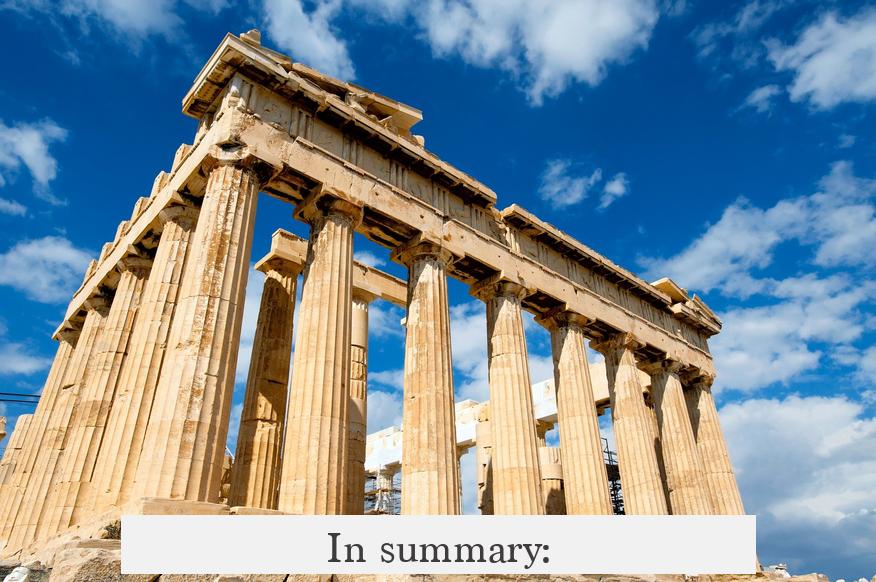
- Athena embodies practical wisdom, crafts, military strategy, and later, science and arts patronage.
- Apollo symbolizes intellectual wisdom tied to reason and self-awareness in philosophy.
- The concept of both as patrons of wisdom arises from different traditions and contexts.
- Ancient allegories demonstrate nuanced, symbolic understandings of their wisdom roles.
Were Both Athena and Apollo Patrons of Wisdom?
Yes, both Athena and Apollo bear connections to wisdom, but in very different and nuanced ways that reflect their unique roles in ancient Greek culture. It’s a tale of divine complexity that defies the neat boxes we often try to place gods in. If you think one was the ‘wise’ goddess and the other the ‘sun god’ or ‘healer,’ prepare for a more intricate story.
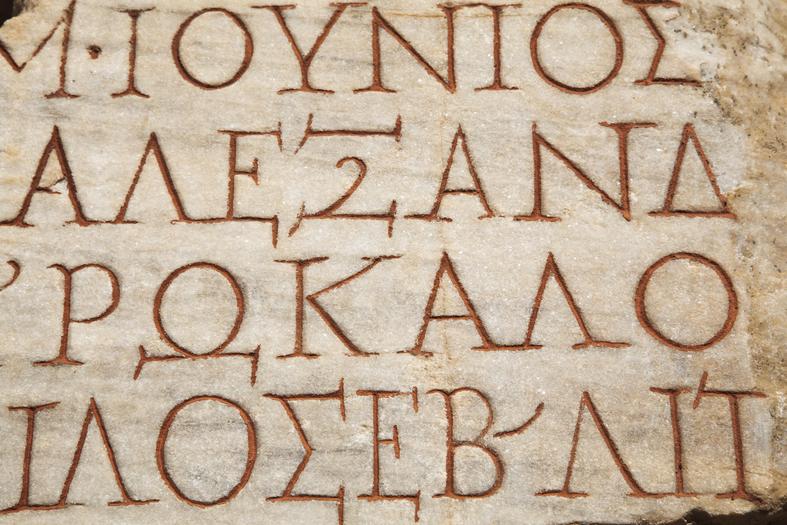
Let’s break it down. Were both Athena and Apollo patrons of wisdom? Absolutely—but their wisdom wears different robes, dances to different tunes, and sometimes even plays tricks on us.
The Simplified Version: Gods and Their ‘Jobs’
We often simplify Greek gods into single roles: Athena = wisdom, Apollo = music and sun. But this is a selective simplification. Each god’s associations come from a mix of myths, religious rituals, artistic depictions, and mystical interpretations, sometimes overlapping, sometimes quite separate.
This means that while Athena and Apollo both touch on wisdom, they embody it differently in religious practice, myth, art, and philosophy.
Apollo and His Mosaic of Meanings
Apollo is a multi-faceted god. In ancient religion, he’s deeply tied to disease and healing, divination, initiation rites—especially in Dorian regions like Sparta—and ritual purification. You might know him as the archer god shooting arrows, but he’s also a healer and a purifier.
Myth and art paint him as a master of poetry and music. He’s the patron of peaceful death, gateways, and sun-like clarity. But here’s where it gets interesting regarding wisdom: Apollo’s connection to reason and self-knowledge is subtle and somewhat niche.
We mainly find Apollo’s link to reason in philosophical traditions, notably with Pythagoras and Plato. For Plato, Apollo symbolizes rationality and self-knowledge, echoing his ideal of measured authority. However, literary accounts show Apollo’s oracles as often confusing or ambiguous—not exactly the clear wisdom we might expect. They’re sometimes unfair, too.
So Apollo’s wisdom isn’t straightforward “book smarts.” It’s a kind of mystical, sometimes frustrating, search for truth or self-awareness through enigmatic signs.
Athena: The City Goddess and War Strategist Turned Wisdom Icon
Athena’s roots lie predominantly in religion as a city goddess. She’s fiercely connected to Athens, yes, but also to other cities like Argos and Troy. Her portfolio includes wars, military training, and crafts—both men’s crafts like shipbuilding and women’s crafts like weaving.
In myth, Athena acts as the patron of many heroes, advising and guiding them. Her symbols—the owl and the snake—are key to her image. The owl, notably, has become a universal emblem of wisdom.
The direct association of Athena with wisdom and the sciences grows stronger in late antiquity. Byzantine retellings start to equate her with wisdom alongside Hera (rulership) and Aphrodite (love). So unlike Apollo’s wisdom, which is more philosophical and mystical, Athena’s wisdom evolves into a patronage of practical, civic, and intellectual pursuits.
The Godly Allegories Behind Wisdom
Looking deeper, early allegorical interpreters like Theagenes of Rhegion in the 6th century BCE gave us a fascinating lens. They interpreted myths through “word magic,” matching gods with qualities to explain their cosmic roles.
- Apollo vs Poseidon is described as “partial fire” versus “all moistness.” Fire here can mean illumination, perhaps hinting at reason.
- Athena vs Ares is “thoughtfulness” versus “thoughtlessness,” clearly positioning Athena as the embodiment of prudent wisdom against reckless violence.
These allegories blossom into a mystical framework, where Apollo symbolizes logos (reason) and self-knowledge in philosophical contexts, while Athena stands for practical wisdom and thoughtful strategy. Their wisdoms are sisters, not twins.
What Does This Mean for Us Today?
Wondering whom to invoke when seeking wisdom? Apollo might nudge you toward introspective reason, poetic inspiration, or the mysteries of self-knowledge. Athena, in contrast, could guide you in practical decisions, strategy, and craftsman-like problem-solving.
Their wisdom also reveals that ancient Greek religion didn’t put wisdom in a single god’s pocket. It’s a spectrum reflecting human experience.
Why Does It Matter?
This nuanced understanding reminds us how ancient cultures embraced complexity, resisting easy labels. It’s a good lesson in any search for knowledge today—wisdom comes in layers, in many forms, and from multiple sources.
Plus, it’s fun! Imagine a divine debate where Athena and Apollo negotiate the meaning of wisdom. Who would win? Maybe both, in their own divine way.
In Summary
- Apollo represents wisdom through reason, self-knowledge, and mystical insight, mainly in philosophical traditions.
- Athena embodies wisdom as thoughtful strategy, civic intelligence, and practical crafts, becoming firmly linked with wisdom and the arts in late antiquity.
- Their roles overlap but diverge, reflecting diverse strands of wisdom in ancient Greek thought.
- Allegorical interpretations back this up by framing Apollo as symbolic of logos (reason) and Athena as phronēsis (prudence).
So, next time you hear “Athena, goddess of wisdom,” or “Apollo, god of insight,” you’ll know to smile and remember: the gods themselves liked to keep a few mysteries about what wisdom truly means.
